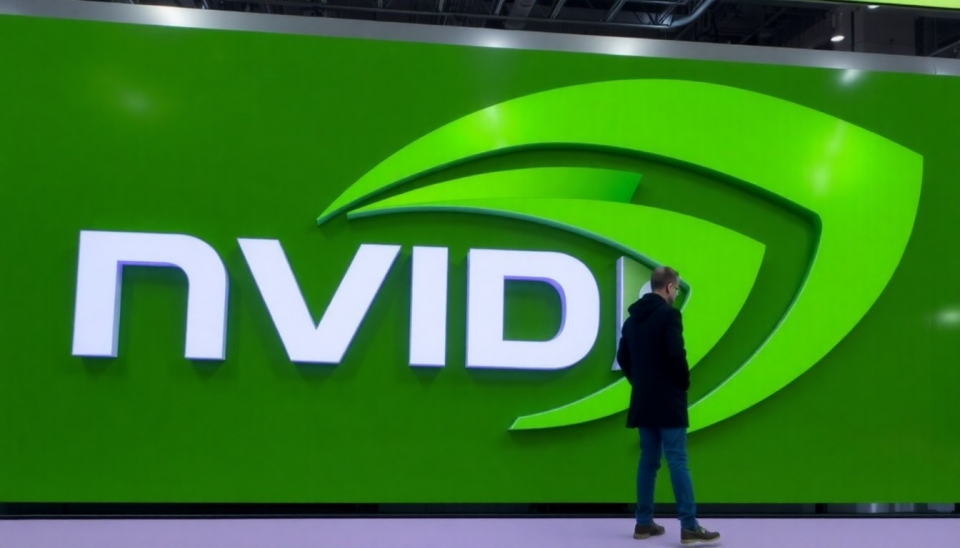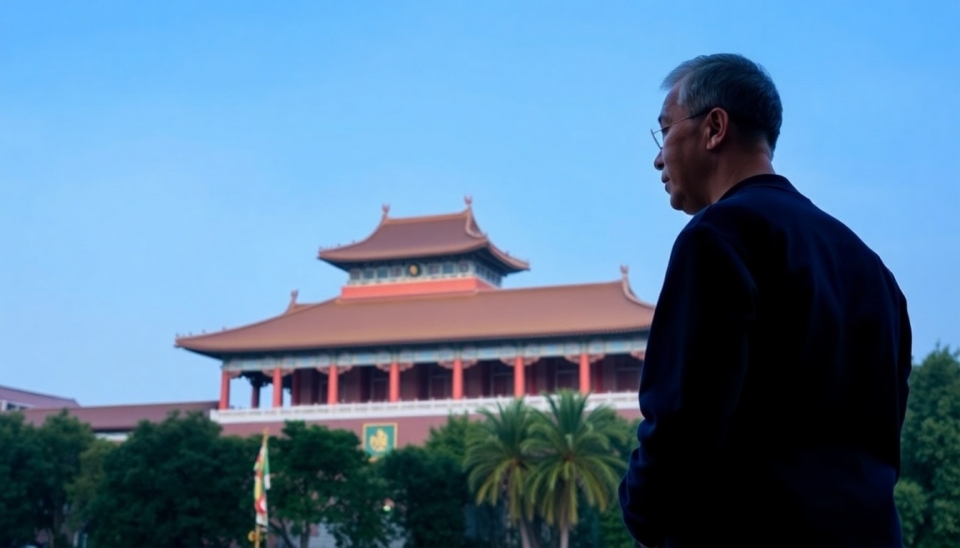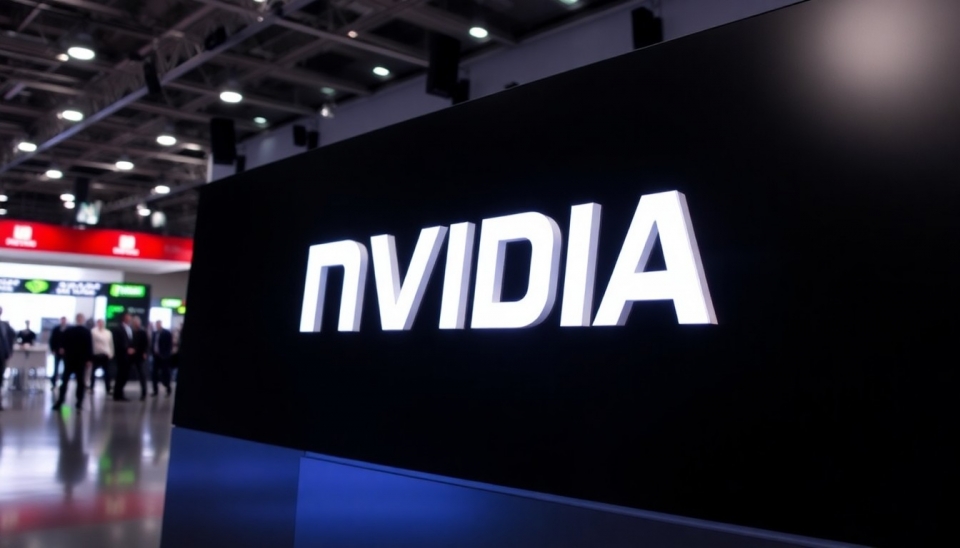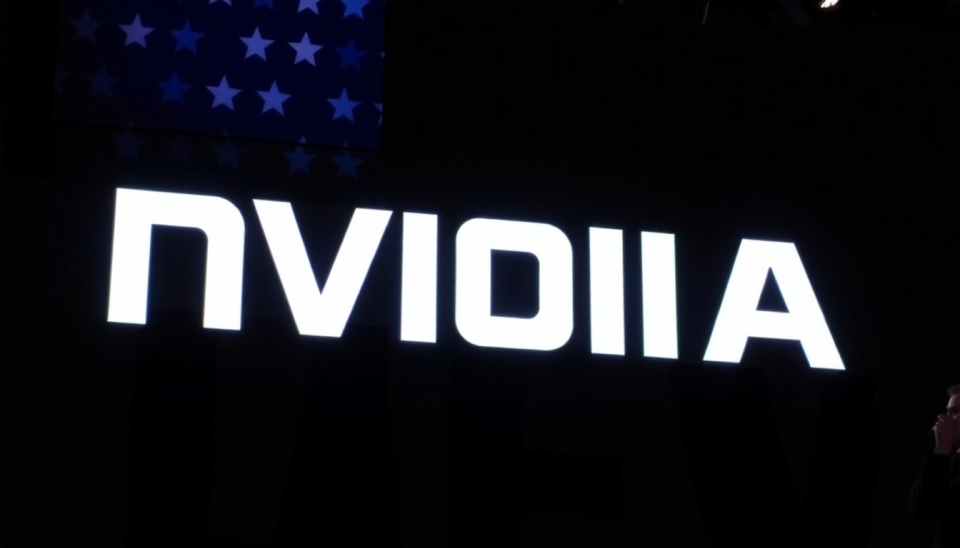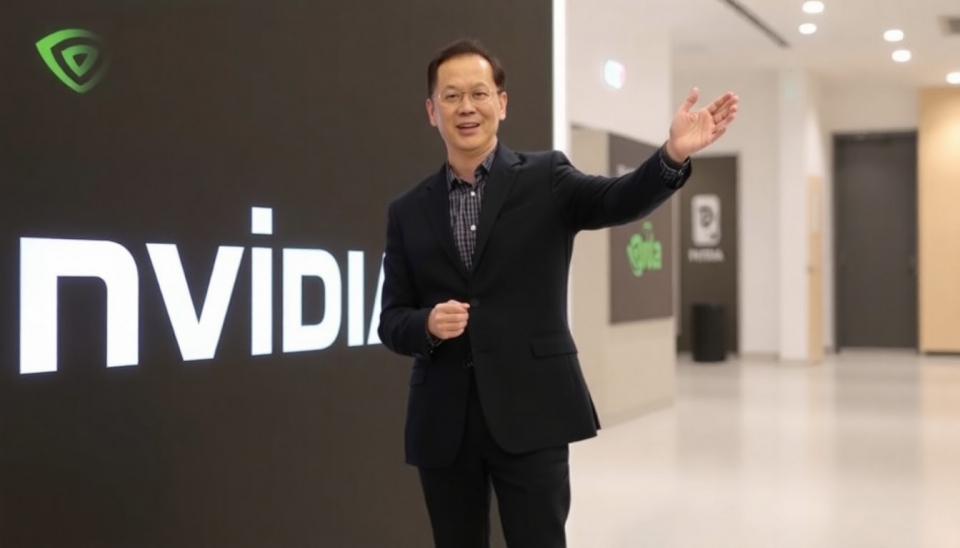
In a significant push to bolster Japan's role in the evolving landscape of artificial intelligence (AI), Nvidia CEO Jensen Huang has recently been on a mission to lobby the Japanese government for increased power availability for data centers. This appeal is largely driven by the explosive growth of AI workloads, which necessitate robust and efficient computational resources.
During Huang's discussions in Tokyo, he emphasized the urgent need for Japan to enhance its energy infrastructure. This is crucial not only for the local economy but also for positioning the country as a global leader in AI technology. Huang underscored that data centers are the backbone of AI applications and require substantial electrical capacity to function optimally.
With AI technology penetrating various sectors—from finance to transportation—Huang argues that Japan must act swiftly to ensure that its data centers can meet future demands. Currently, there are concerns regarding energy shortages, which could impede growth in this critical sector.
Huang's visit comes at a time when the Japanese government is reevaluating its energy policies, particularly in light of recent natural disasters and the push for renewable energy sources. As part of his advocacy, Huang is expected to provide insights into how Nvidia can support Japan's ambitions in AI while simultaneously contributing to sustainable energy initiatives.
In conversations with officials, Huang highlighted potential collaborations that could harness Nvidia's technology in conjunction with Japan's innovative spirit. By bolstering energy supply, he believes Japan can effectively position itself as a hub for AI research and development, attracting both domestic and foreign investments.
The implications of Huang’s lobbying could be significant. If successful, it may pave the way for a new phase of technological advancement in Japan, aligning with the global shift towards AI-driven solutions. Analysts speculate that an energized and well-supported data infrastructure could lead to breakthroughs in areas such as robotics, smart city initiatives, and healthcare technology.
Integrating more power into Japan's data infrastructure can help alleviate current restrictions faced by data center operators, enabling them to scale operations and support larger AI models. This strategic movement could also ensure that Japan remains competitive against other global leaders in the artificial intelligence field, such as the United States and China.
As the world becomes increasingly reliant on AI technologies, initiatives like these highlight the urgent need for infrastructure that can support innovation. Huang’s efforts in Japan could be seen as a pivotal moment for both Nvidia and the future of AI in the region.
Overall, Huang’s dialogue with Japan emphasizes a collaborative approach to harnessing energy resources while maximizing the economic benefits of AI. The outcome of this engagement could very well influence not only Nvidia’s future in Japan but also the country’s aspirations to lead in the global AI race.
#Nvidia #JensenHuang #Japan #ArtificialIntelligence #DataCenters #EnergyInfrastructure #TechCollaboration #AIInnovation
Author: Liam Carter
